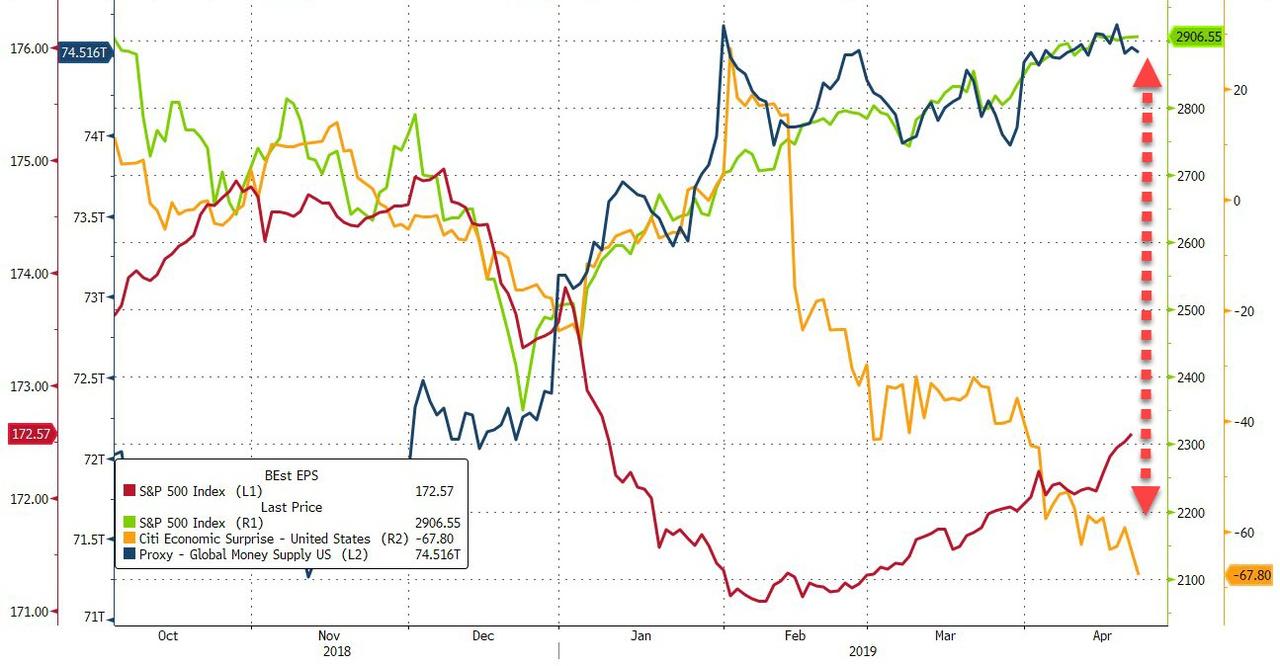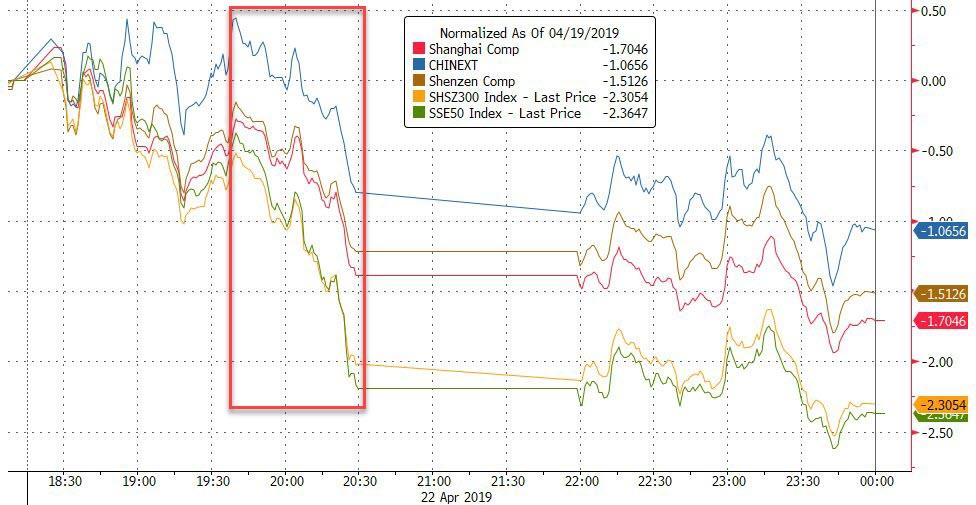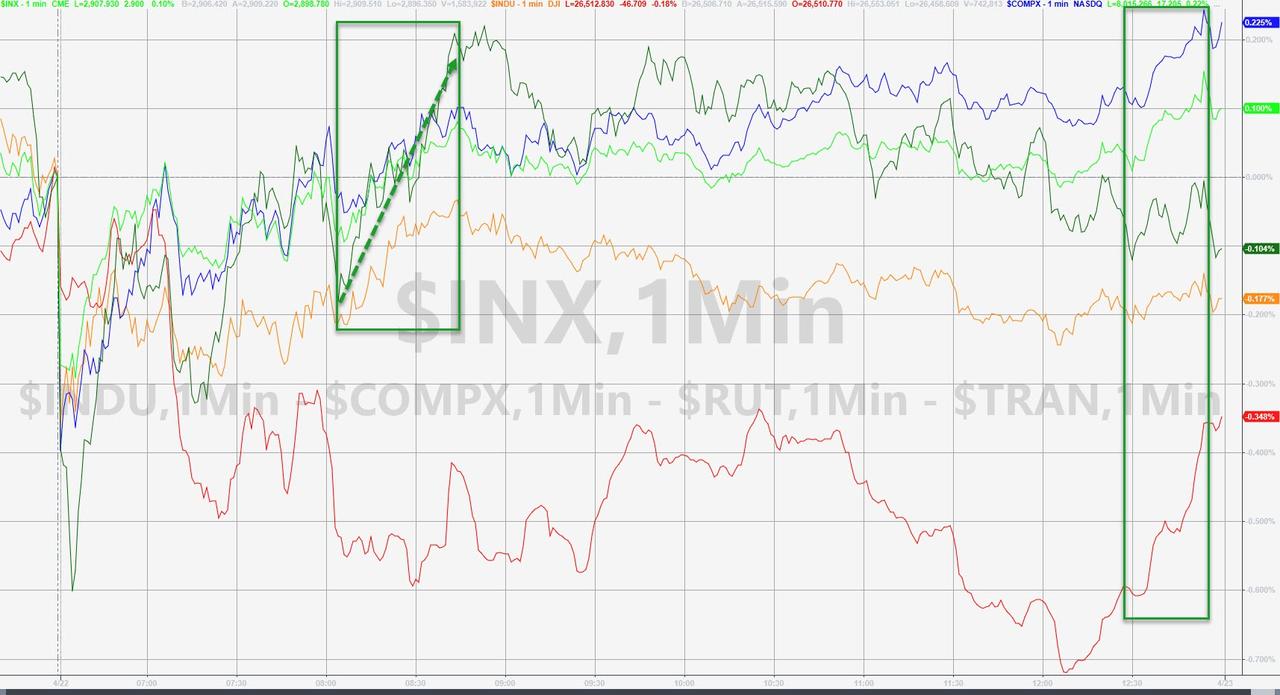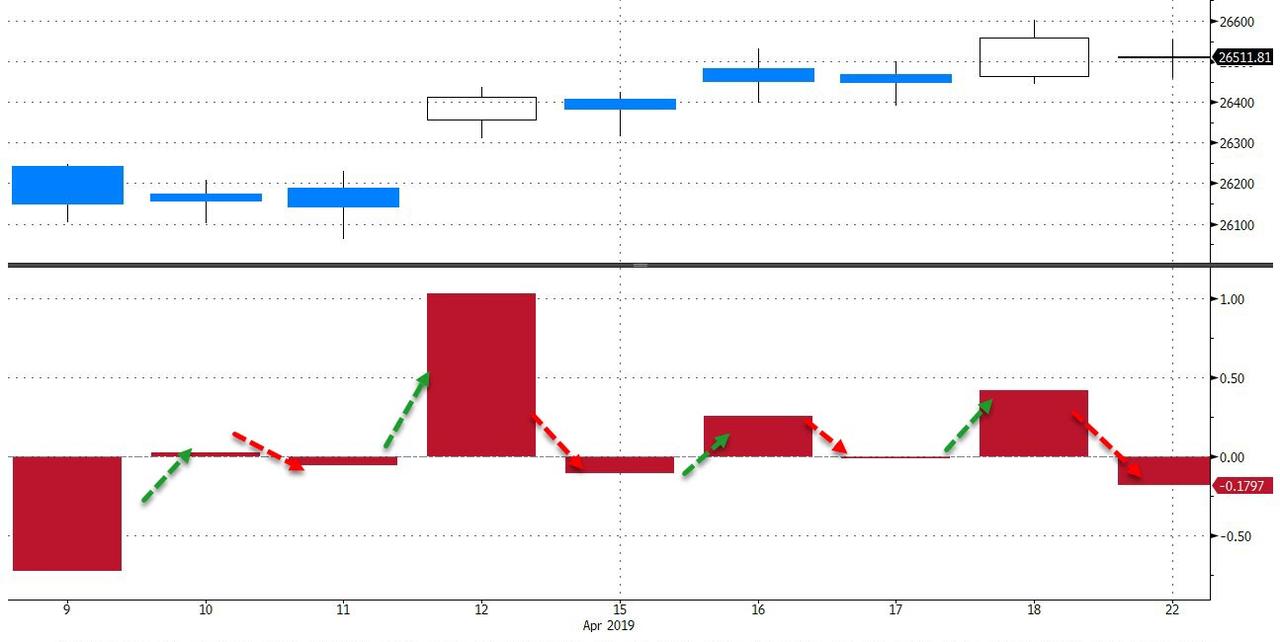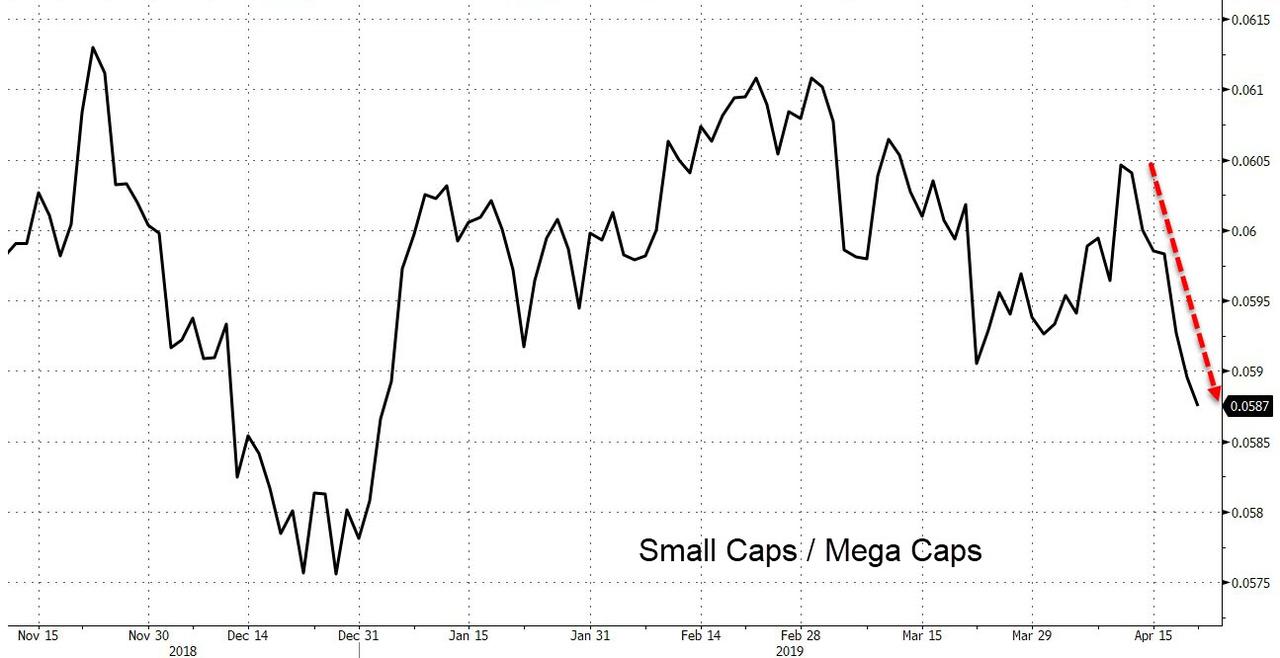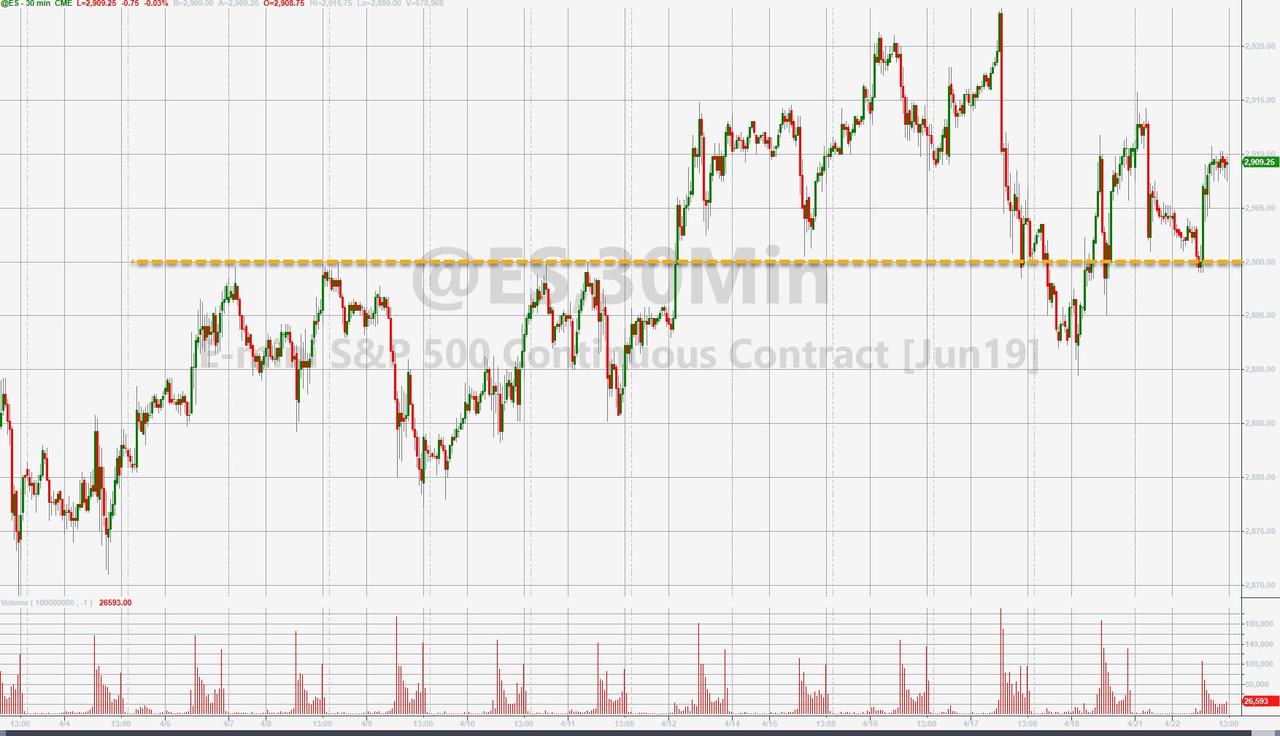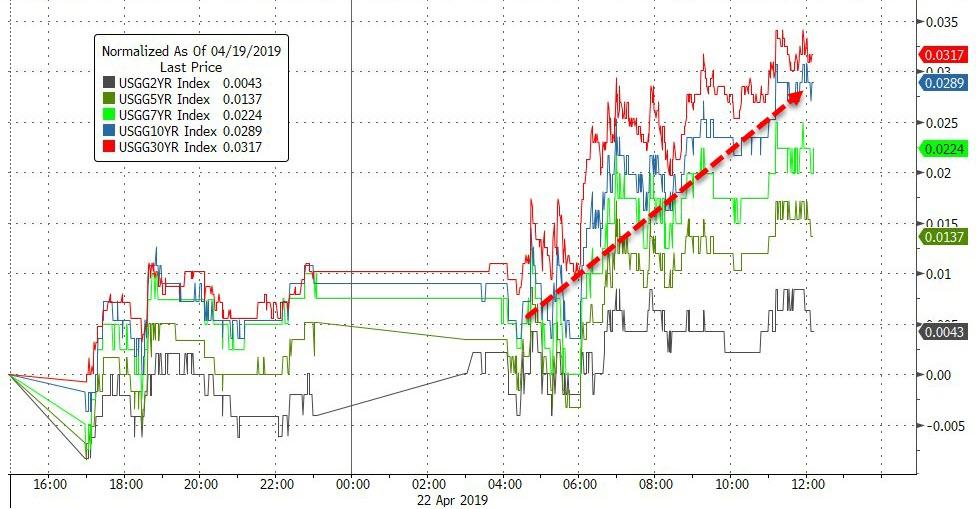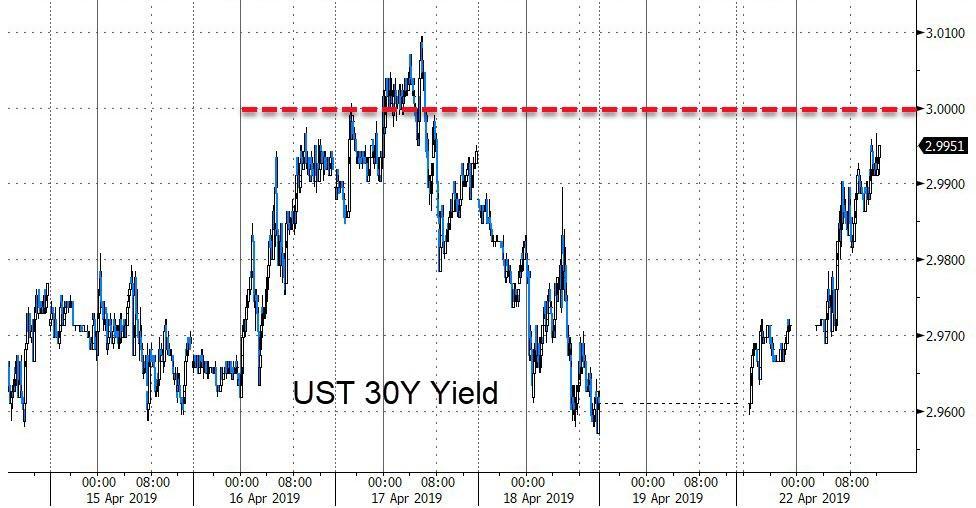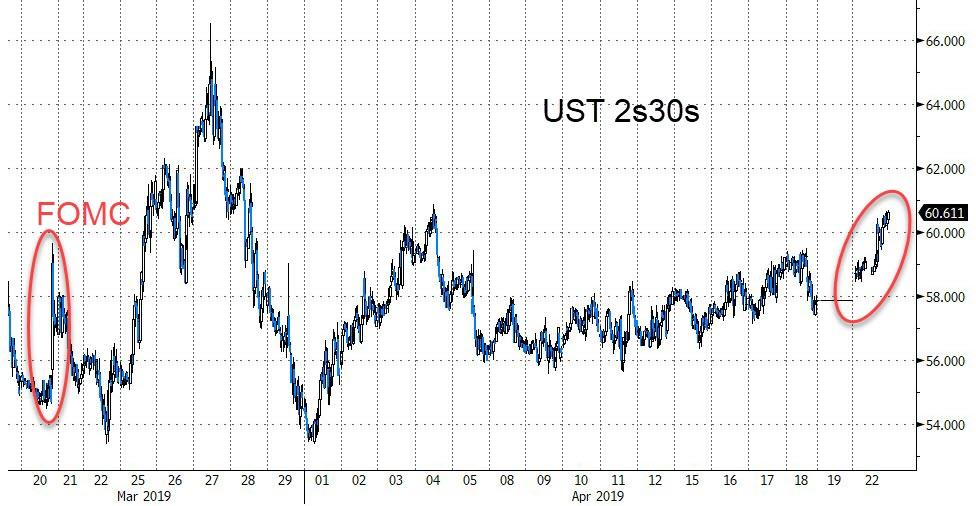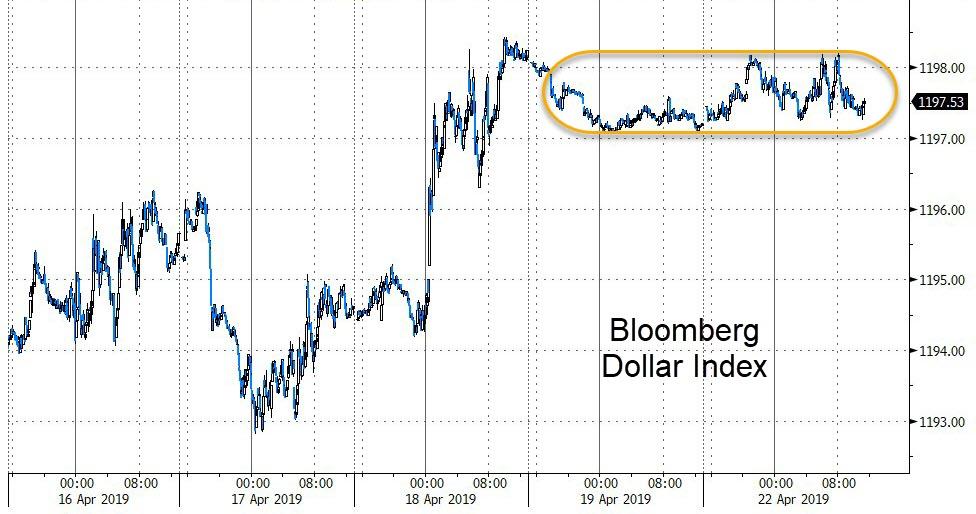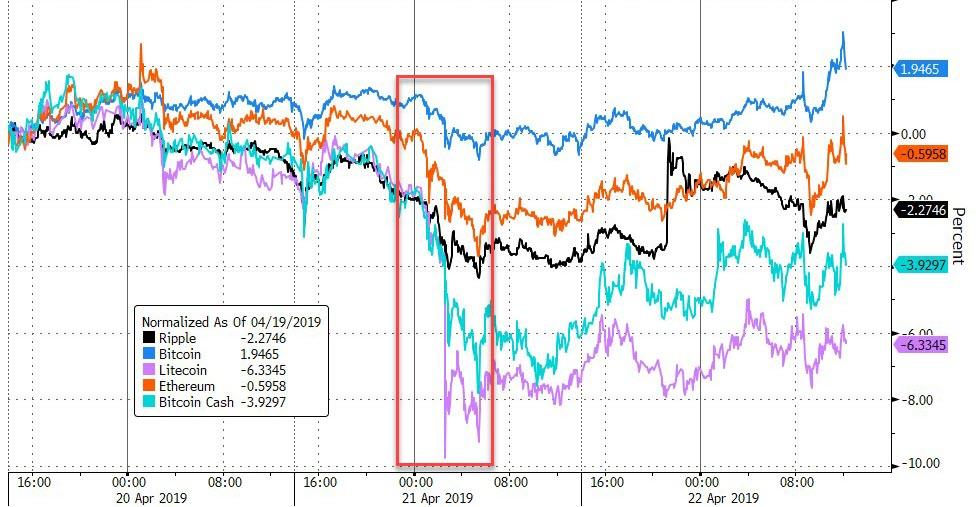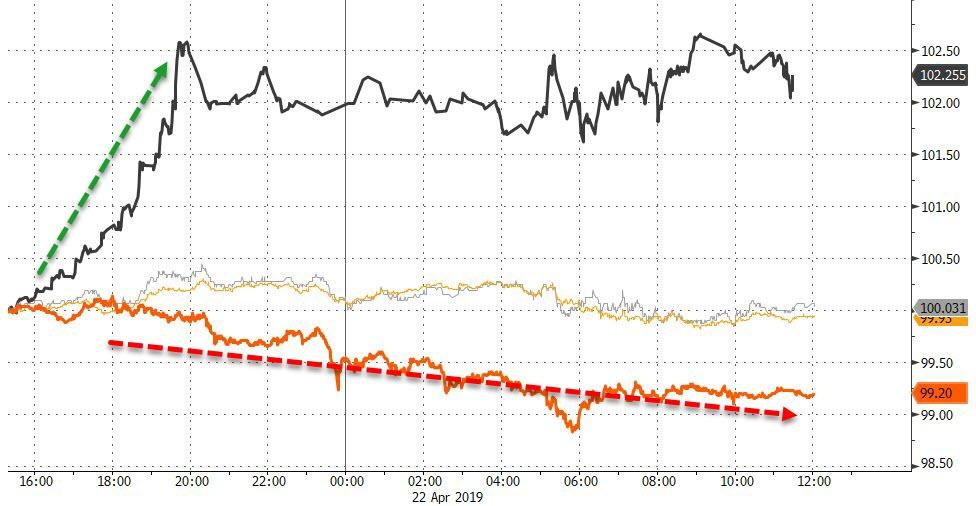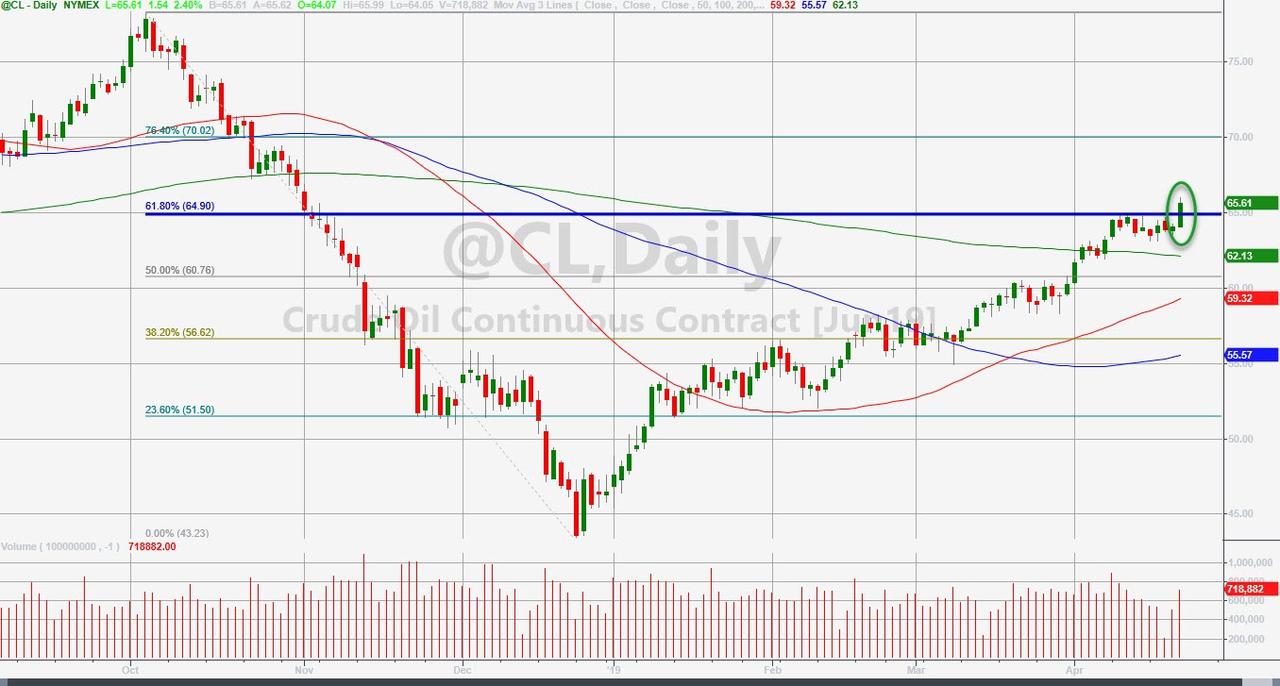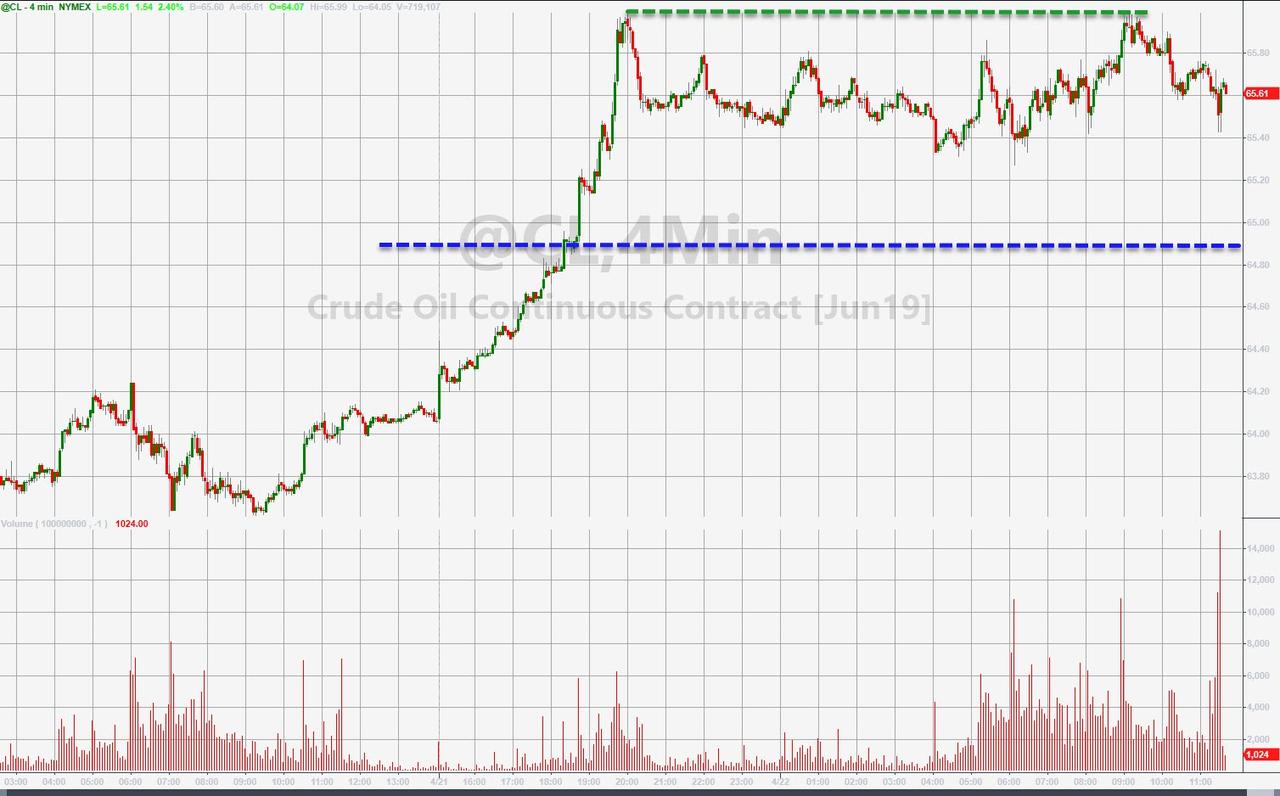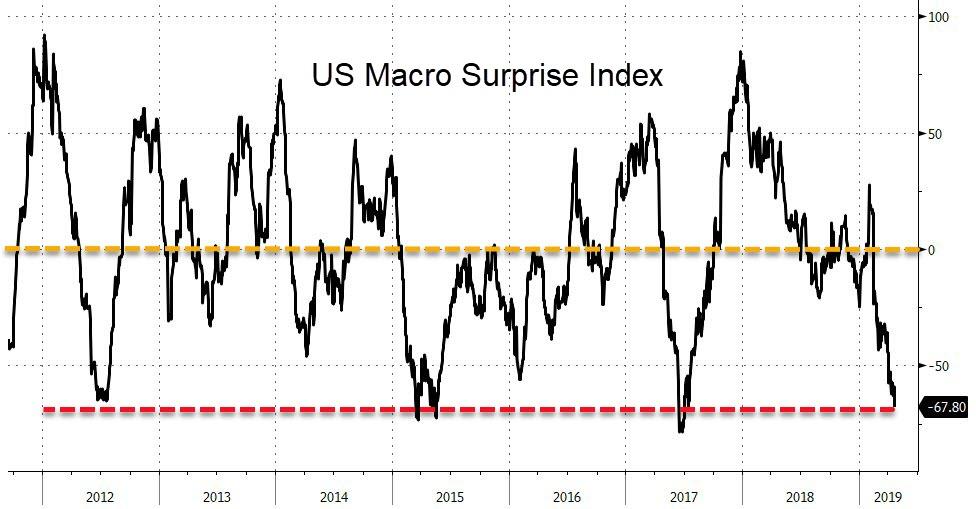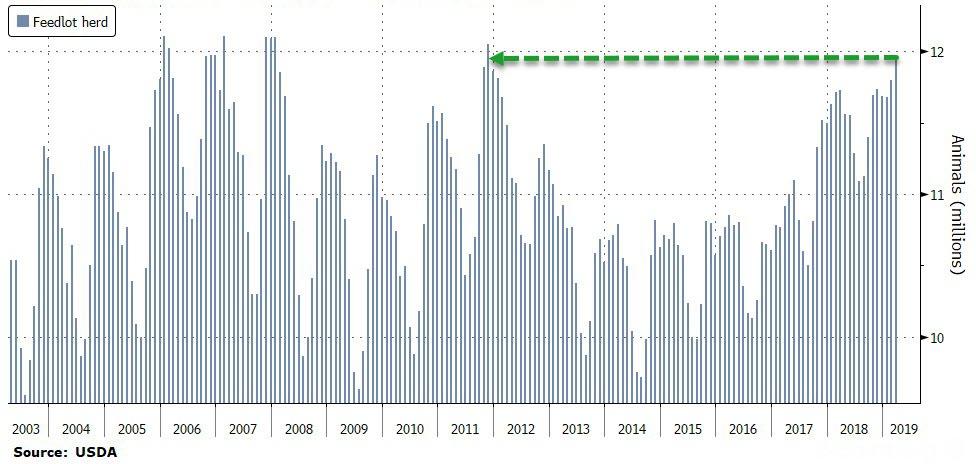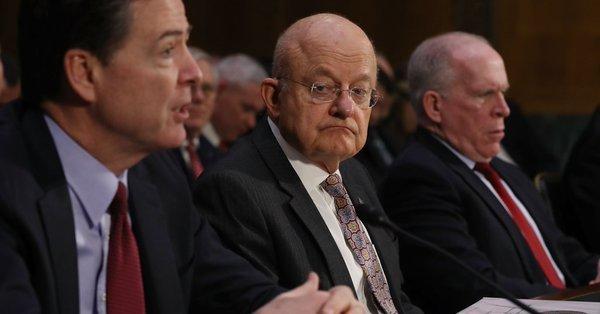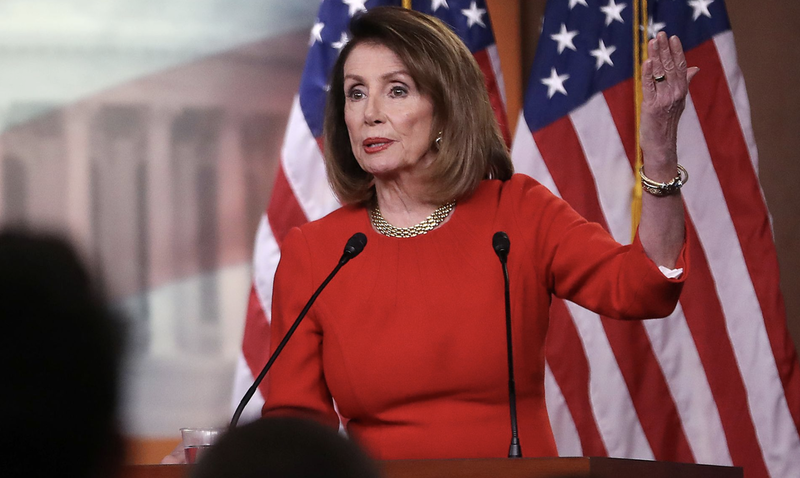[I’m continuing to serialize my forthcoming Penn Law Review article on Anti-Libel Injunctions.]
A. The Hybrid Preliminary Injunction
If I am right that the hybrid permanent injunction is constitutional—because it gives defendants all the First Amendment protections offered by valid criminal libel laws, and does so with less of a chilling effect on nonlibelous speech—then hybrid preliminary injunctions should be constitutional, too. They would adequately protect defendants, while giving plaintiffs the opportunity to deter libels starting shortly after they file a lawsuit, rather than having to wait until after the lawsuit is adjudicated.
Let us return to Paula and Don, and imagine that Paula gets a preliminary injunction. Shortly after she files her lawsuit, a judge concludes that she is likely to succeed on the merits: Don’s statement that Paula cheated him is likely true.
This is just a tentative decision, the judge acknowledges, based on limited time for briefing and likely no discovery. But that’s what the judge thinks, so the judge issues an injunction: “Don shall not libelously state that Paula cheated him”; and, as with the hybrid permanent injunction, the injunction provides that any criminal contempt trial for violating it shall be before a jury,
Like the hybrid permanent injunction, the hybrid preliminary injunction would provide all the procedural protections offered by criminal libel law: Don can’t be convicted of criminal contempt unless the criminal jury finds, beyond a reasonable doubt, that his post-injunction statements about Paula are indeed libelous; and Don would be entitled to a court-appointed defense lawyer to argue that the statements weren’t libelous. They thus lack the primary defect of specific preliminary injunctions—the punishment of speech without a prior finding on the merits that the speech is actually constitutionally unprotected.
Also like with the hybrid permanent injunction, Don would also be exposed to criminal punishment only for repeating specific statements. Unlike with the hybrid permanent injunction, those would be statements that the judge found libelous based on the abbreviated preliminary injunction process rather than after a full trial. But despite that, the hybrid preliminary injunction would still have less of a chilling effect than a catchall injunction or than a criminal libel law, which would put Don in jeopardy as to any libelous statements.
But unlike with the hybrid permanent injunction, the hybrid preliminary injunctions opens the door to criminal punishment—and therefore helps deter future libels—near the start of the lawsuit, rather than years later.
Hybrid preliminary injunctions, like hybrid permanent injunctions, haven’t yet been tested in appellate courts, or even issued by trial courts. But I think they would be consistent with the First Amendment, and often a good idea.
Indeed, one recent preliminary injunction does seem to lean in this direction. In 2 Sons Plumbing, LLC v. Herring, 2 Sons claimed that Romare Harring had criticized 2 Sons only while falsely claiming to be a customer (in some places) and a former employee (in others); they sued for, among other things, violating California law that bars such impersonation. The District Court concluded that there was enough to their claim to justify a temporary restraining order. But it crafted the injunction so that any impersonation would still have to be shown at a criminal contempt hearing, rather than treating his preliminary conclusion as binding in such a hearing:
(2) Defendant Romare Herring is barred, prohibited, and restrained from posting reviews of 2 Sons Plumbing, LLC and/or Joe’s Plumbing Co. claiming that Defendant was a customer of such business when Defendant was not actually a customer;
(4) Defendant Romare Herring is barred, prohibited, and restrained from posting on the Internet a webpage claiming to be affiliated with 2 Sons Plumbing, LLC and/or Joe’s Plumbing Co. if Defendant is not affiliated with those businesses.
If it turns out that Herring is indeed affiliated with 2 Sons or Joe’s, and he repeats that statement, the terms of provision (4) wouldn’t make him liable; likewise if he was indeed a customer, and posts reviews of 2 Sons or Joes so stating. The order isn’t as precise as it could be; for instance, the “when” in (2), unlike the “if” in (4), could be read as a statement that the court is conclusively finding that Herring wasn’t actually a customer, rather than a provision that the order applies only under the circumstances (to be found conclusively later) that Herring wasn’t a customer. Moreover, provisions (1) and (3) require the takedown of earlier posts without any such condition. Still, the order, and especially provision (4), points towards the approach that I describe here.
B, The Hybrid Ex Parte Temporary Restraining Order
In principle, even temporary restraining orders—including ones obtained ex parte—could be permissible so long as they only ban libelously repeating certain statements.
Such an order would, as with the hybrid preliminary injunction, punish no more speech than a criminal libel law would, since any criminal contempt punishment would be contingent on the jury finding (after a full trial) that the statements were indeed libelous. By its very terms, it would be limited to constitutionally unprotected speech; and whether any particular statement is unprotected and therefore forbidden would have to be determined at an adversary criminal contempt hearing. [Footnote: This makes such hybrid orders unlike the ex parte order in Carroll v. President & Comm’rs of Princess Anne, 393 U.S. 175 (1968), which by its terms prohibited speech that would generally be constitutionally protected, without an adversarial hearing at which the defendants could respond to the plaintiffs’ arguments that this protection should be lost on the facts of the case.]
But while such hybrid ex parte TROs may be constitutional, they should be avoided. The advantage of hybrid injunctions over catchall injunctions is that they are limited to speech that a judge has concluded is likely false and defamatory. This judicial conclusion doesn’t itself suffice for forbidding the speech outright, since the defendant should have an opportunity to argue his case to a jury (which is the advantage of hybrid injunctions over specific injunctions); but the conclusion is still an important protection for speakers. Any injunction should be entered based on the judge’s hearing both sides’ factual theories, both sides’ legal analyses, and both sides’ analyses of how the injunction should be crafted.
Sometimes, of course, such an adversary presentation is impossible, for instance if the defendants are anonymous and can’t be identified using reasonable pre-injunction discovery, or if they simply refuse to show up. But plaintiffs should be required to at least try to serve defendants and give them an opportunity to be heard before even a hybrid injunction is issued.
[You might also read my earlier posts on the subject,
Or you can read the whole article, which is forthcoming in the University of Pennsylvania Law Review, in PDF.]

from Latest – Reason.com http://bit.ly/2KWli2h
via IFTTT
